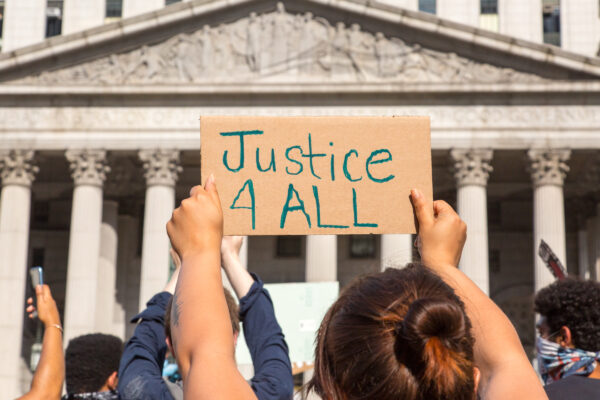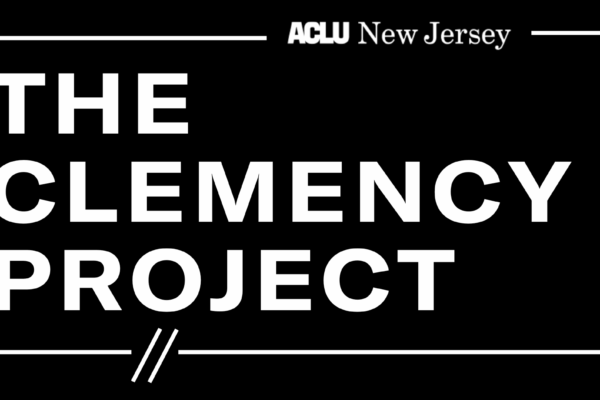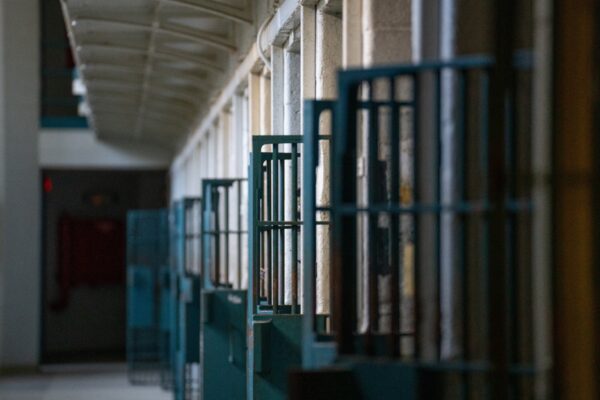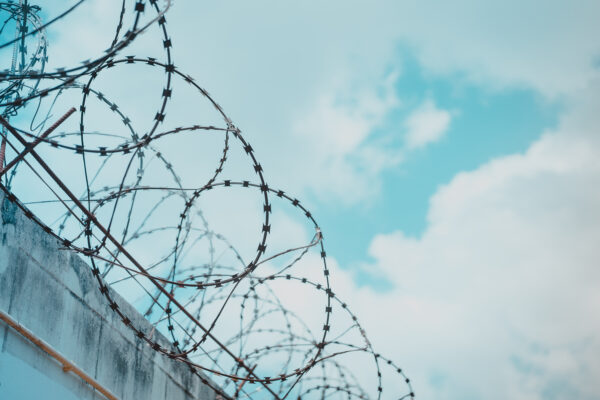In 2020, a white federal judge in Michigan said that a Black man facing charges “looked like a criminal,” voicing, loudly and unabashed, the racist bias interwoven into the fabric of American society. Our criminal legal system is riddled with conscious and unconscious biases toward people of color, but without a show of explicit prejudice, redress rarely occurs.
Despite a historic downward trend in New Jersey’s prison population in the last decade, many people are still facing extreme sentences, incarcerated for years or even decades after their rehabilitation, and forced to serve sentences that are not commensurate to their crime or culpability.
Categorical clemency is an approach to the traditional executive power of offering pardons and commutations when the executive considers systemic injustices and harsh sentences that have impacted groups of people. The power of clemency is deeply rooted in our nation’s history, serving as an important check and balance since our country’s founding. In the early 20th century, clemency became a necessary tool to correct flagrant miscarriages of justice like prosecutor misconduct, improper jury selection, lack of proper representation for the accused, perjury from witnesses, and disproportionate sentencing. But despite this deep legal history, clemency is widely underutilized. We must adopt measures to address the deficits of our criminal legal system – the use of categorical clemency to review extreme sentences must be the expectation, not the exception.
The criminal legal system has deep roots in white supremacy and that has yet to fundamentally change. Categorical clemency offers one way to remedy some of the past systemic harms, but it cannot single-handedly solve mass incarceration. There is much work to do to confront the racial disparities among New Jersey’s incarcerated population, which has the dubious distinction of being worse than any other state in the country.
According to data in the ACLU-NJ’s Decarcerating New Jersey report, the percentage of incarcerated people with longer minimum terms has continued to increase. In 2023, 72 percent of incarcerated people in New Jersey were sentenced under mandatory minimums, and many are serving unnecessarily long sentences. And from 2017 to 2022, the share of New Jersey’s incarcerated population with mandatory minimum sentences of 20 years or more increased from about 19 percent to 27 percent.
To build a more just society, all branches of government must leverage their powers to implement holistic, equitable changes to the criminal legal system. And the support for such change is broad. The New Jersey Criminal Sentencing and Disposition Commission – a bipartisan group of judges, prosecutors, defense attorneys, and community stakeholders – has called for broad sentencing reforms. Polls show that the majority of people believe those who are serving excessive sentences deserve reevaluation through clemency. Moreover, constituents support elected officials who prioritize clemency over those who do not.
It is possible to live in a world where the systemic effects of racial inequality on our society are no longer the status quo. Addressing the disparate outcomes of our racially imbalanced history shows that we truly believe in equality and justice for all. As a society, we should be celebrating rehabilitation, not condemning people to a life of punishment. We should encourage growth, introspection, and redemption – and value them as meaningful lived experiences.
Adopting a decarcerative vision speaks to the kind of world we want to live in, and it begins by leveraging categorical clemency. Demonstrating a belief that transformation can occur on all scales, from individual rehabilitation to systematic reconstruction, is a prerequisite for the wholesale change in the criminal legal system that our state needs – and that every New Jerseyan deserves.





